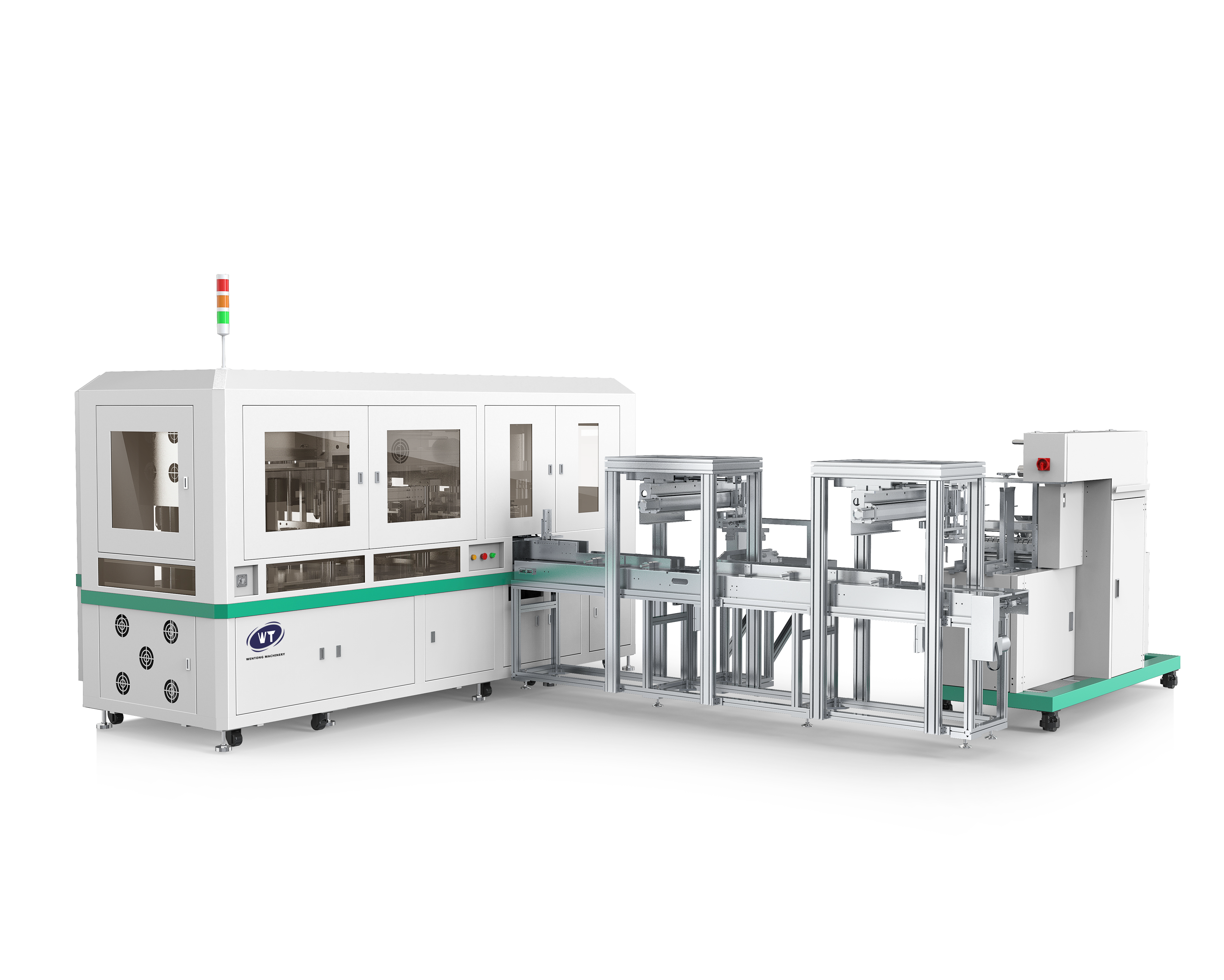In every sector of the rapidly expanding digital economy, card machines have emerged as one of the most crucial equipment for businesses. The combiantion of these devices with their ability to enable cashless transactions have proved to enhance operations, customer experience, and provide useful insights into their spending behavior. This article aims to Transformative Power Of Card Machines: Discussing Their Benefits, Functionality, And As The Industrial Revolution 4.0 Shaping Them In Modern Industries.
The history of card machines dates back to when they emanated. Having a card payment was far much complex , plus it needed time due to manual verification and entry. But nowadays, modern card machines now offer contactless payments, real-time transaction tracking, and mobile wallet integration. These services have steadily improved for the convenience of both businesses and their customers. The harsh realities of the COVID-19 pandemic have masively shifted the region of the world towards cashless payment options. Many businesses now use card machines to embrace safety for all parties.
Using Card Machines: Advantages
Enhanced customer satisfaction is one of the major benefits of using card machines. Because card machines enable cashless payments, businesses can reach a wider audience as they help accommodate people who prefer not to pay with cash. Furthermore, card machines lower the crime risk related to cash businesses, such as theft and fraud. In addition, card machines assist businesses in detailed reporting of sales transactions, thus improving financial and stock management. In addition, the use of card machines can integrate loyalty programs and promotions improve repeat purchases and business customer relationships.
How Card Machines Help in the Smooth Running of Business Activities
The use of card machines can help greatly speed up business processes. For example, they can help improve the speed of the services rendered in an organization by improving the overall transaction time. This is very important for retail and hospitality businesses as they deal with a lot of transactions in a single day. In addition, card machines can interface with computerized Point Of Sale (POS) systems where taking sales, keeping stock, and even recording clients is done automatically. This not only helps save time, but also reduces accuracy of the financial records by cutting the number of manual inputs that lead to human error.
The Role of Card Machines in Data Analytics
One of the most interesting features of card machines is their capacity to retrieve data and also help in analytics. Businesses may obtain information about customer purchase behaviors, their preferences, and the most frequented shopping hours, which can target marketing campaigns, as well as stock control. Understanding consumer behavior can assist businesses in meeting customer demand more appropriately. Furthermore, this information can help in sales trends identification and sales forecasting, thus improving a firm’s position in the industry.
Future Trends in Card Machines
The prospects for card machines are very bright with the continuous advance of technology. Advancements like biometric authentication, AI, predictive analytics, and blockchain will improve payments even more. Biometric authentication provides improved security and AI will enhance engagement with customers and perform predictive analytics. With the emerging popularity of cryptocurrencies, it will also be possible to develop card machines tailored to these digital currencies, allowing more options for customers. These changes will require businesses to adapt, and in so doing, card machines will greatly impact the future of transactions in different sectors.
To conclude, card machines have are a major asset to modern businesses in any industry. They offer effortless payment as well as information that could help enhance the business. Innovations in technology and payment systems require businesses to adapt. We are moving towards and world without physical money and card machines are leading this change.


